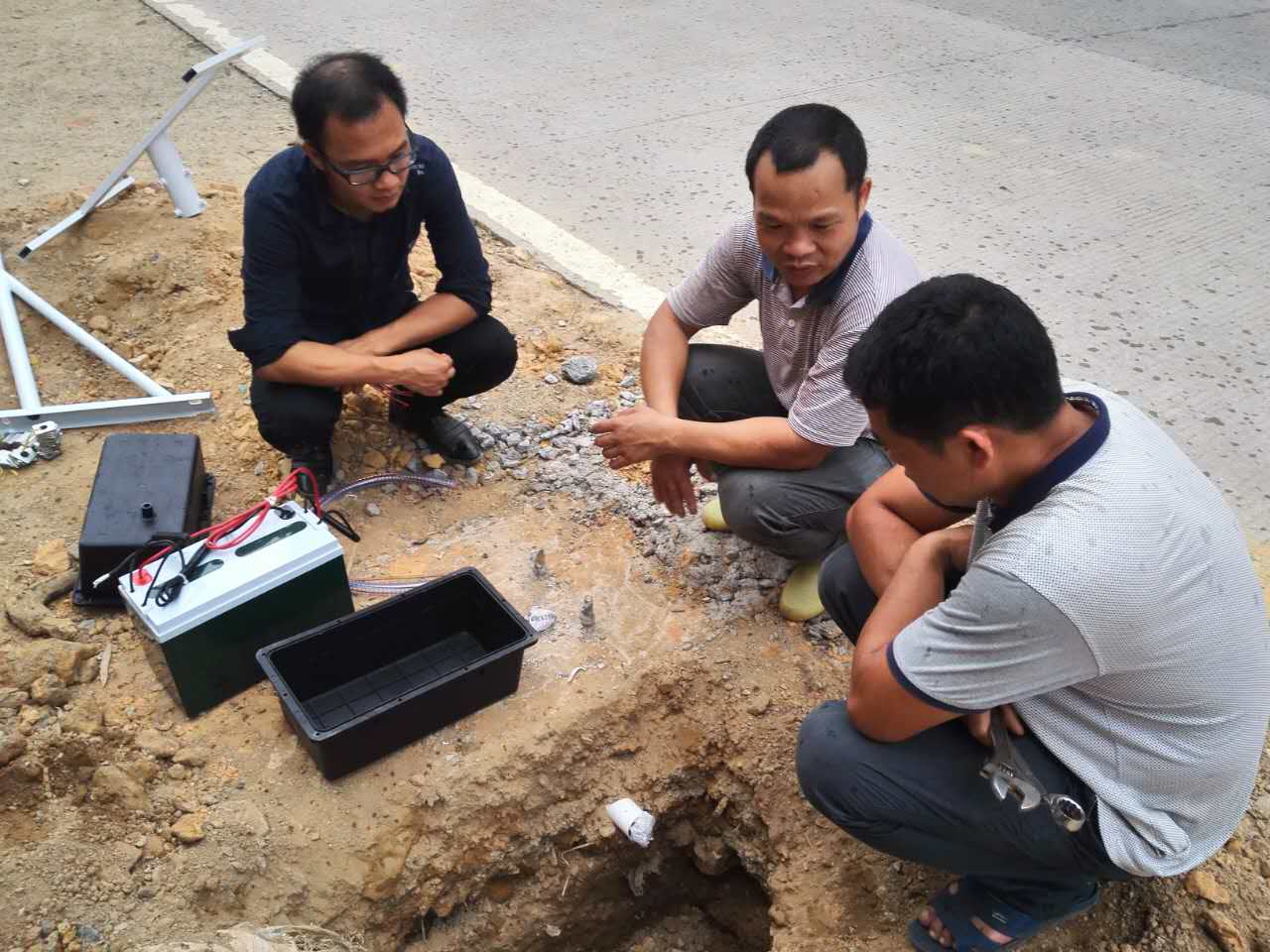
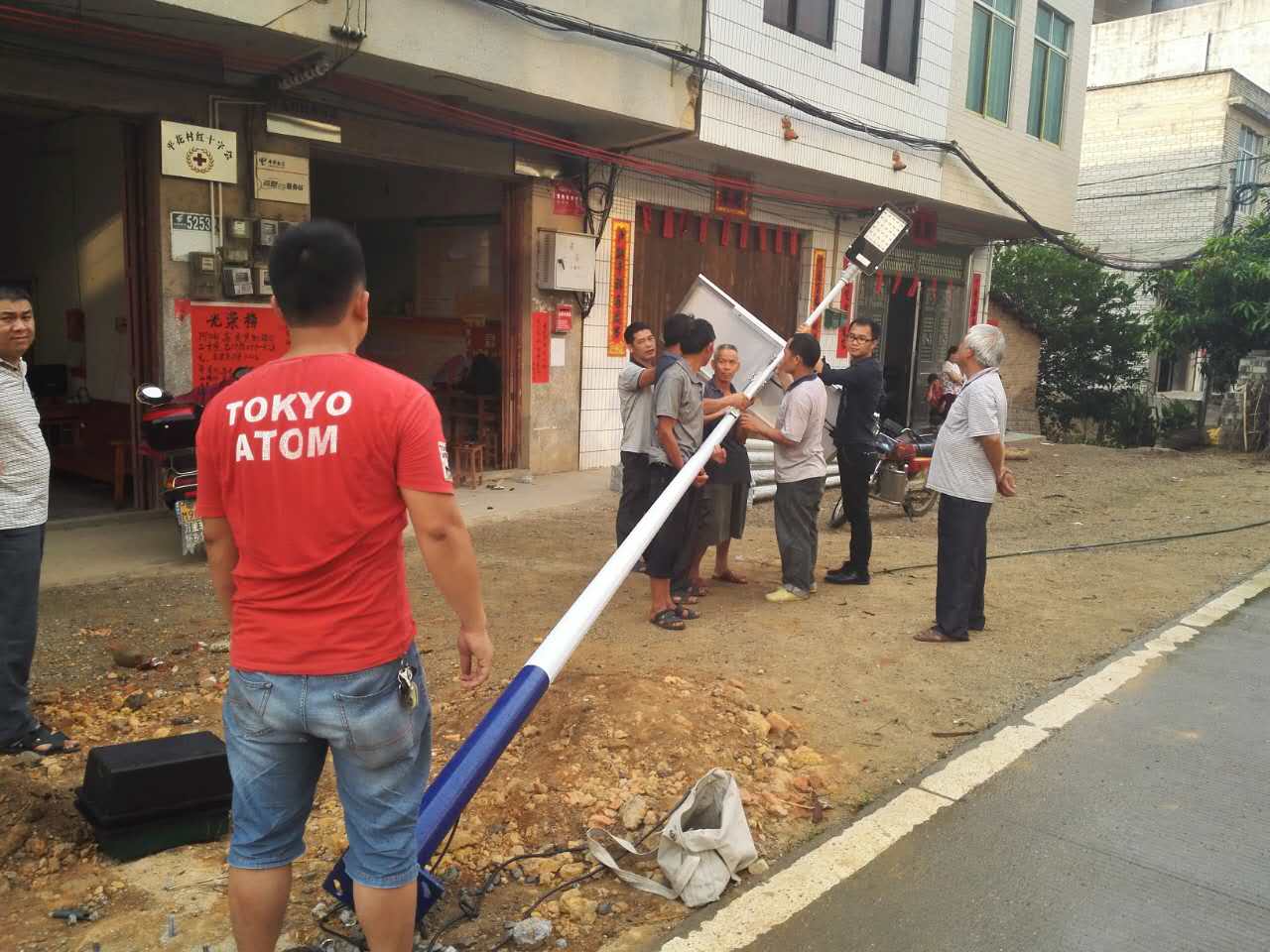
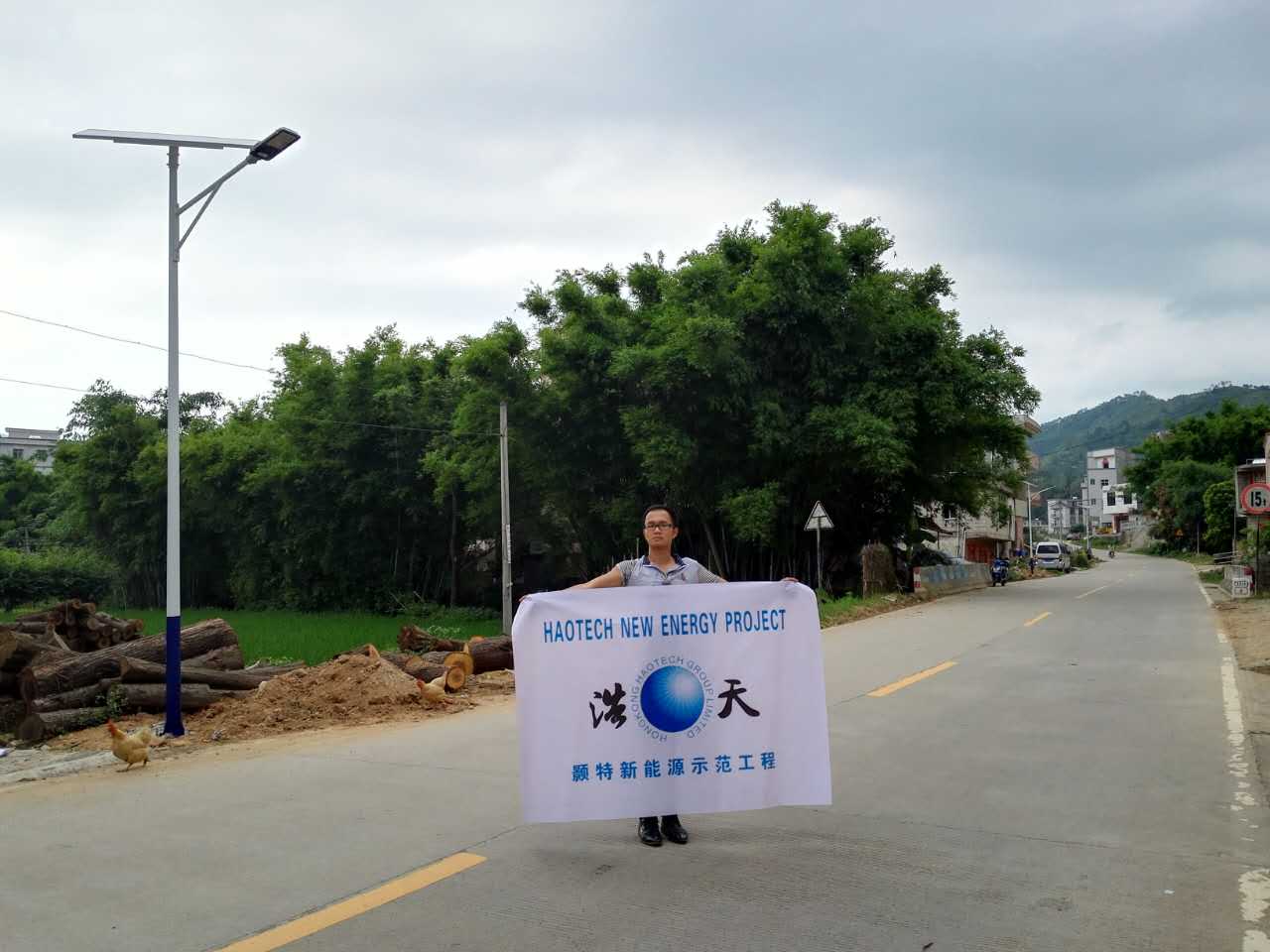
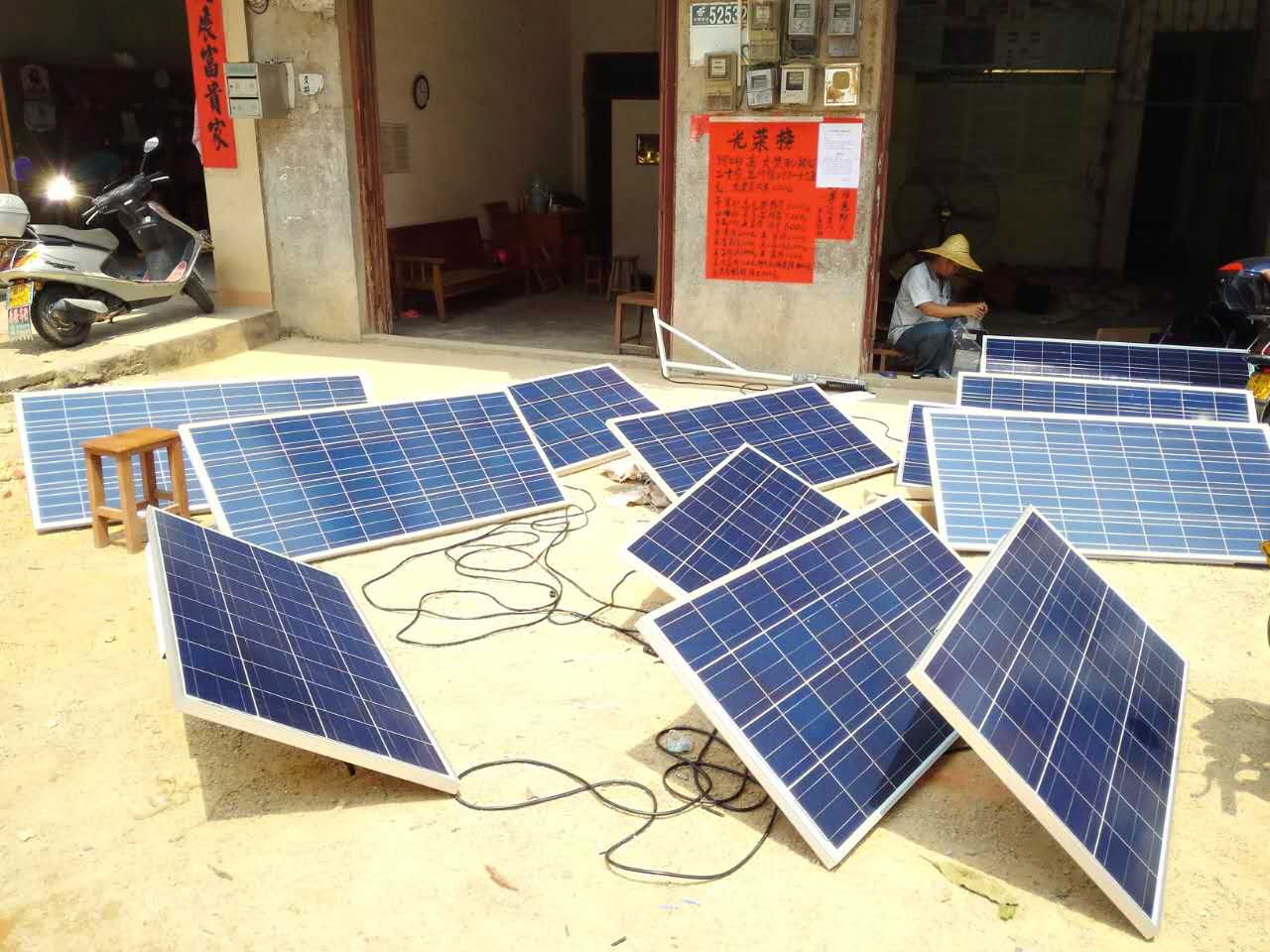
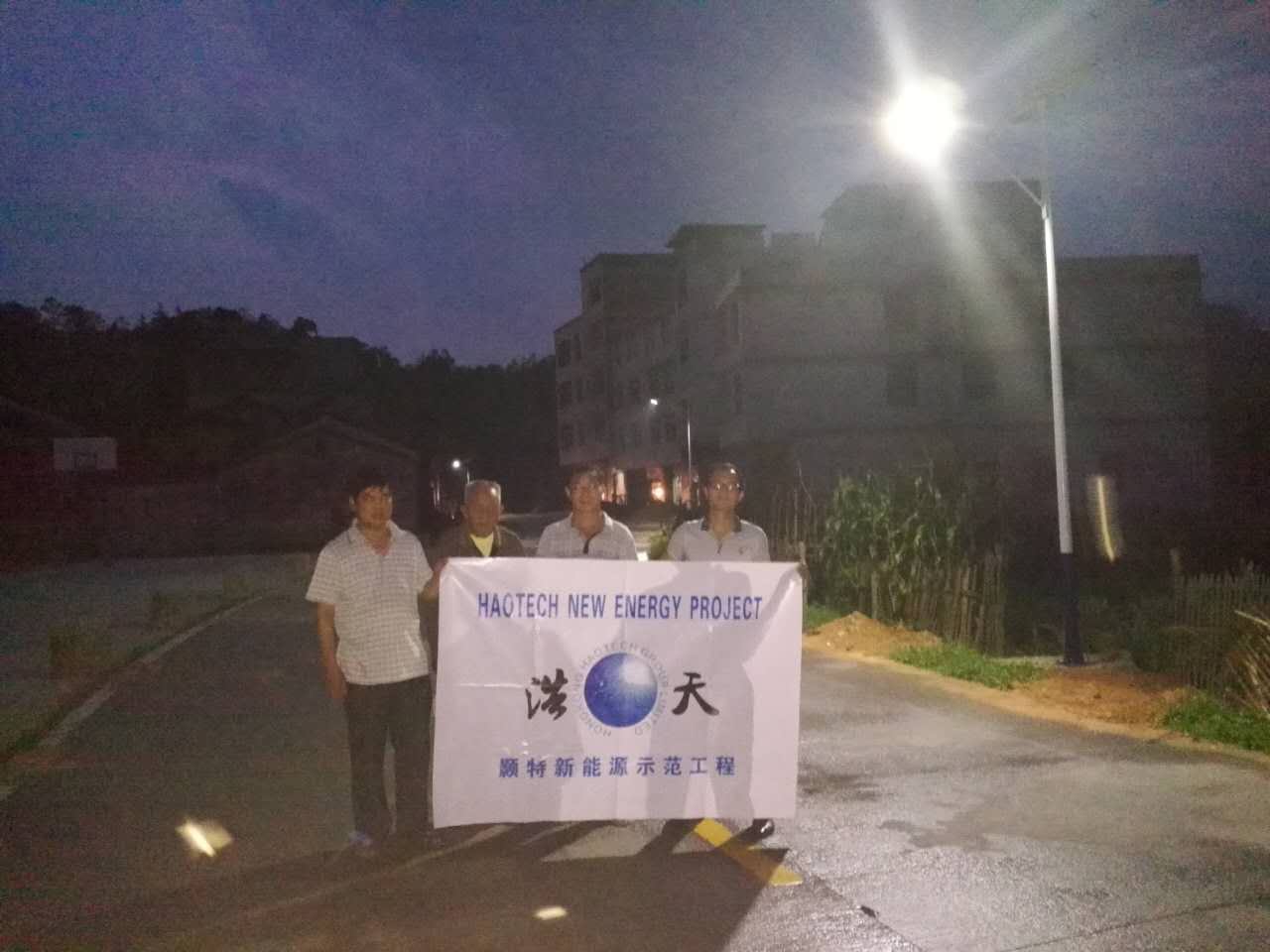


one-stop new energy solution supplier and invester







Solar led garden light in the way to South Africa ready for testing…
“It is so easy for using.no cables for connected,don’t need to worry about the install for batter,no need to consider about the pile—-I like it very much!”——-clients from field said.how about u?contact us now Speedy and heartest service, quality and acceptable material, most competitive price.
haotech solar street light for industry garden
The project is in haotech own group company industrial park.from design to install,all make by ourown team.
Haotech street light has the advantages of high efficiency, small power consumption, long life, low operating temperature, security, reliability, fast response, small unit volume and green. The life of our led light is 50 times longer than that of incandescent and 20 times of the fluorescent. Led light is the fourth generation of lighting products which is after the incandescent, fluorescent and gas discharge lamp. The solar light system is used throughout the district.
At the daytime, the battery is charged by the solar panels; at night, the load use electricity form the battery. There is no need to prepare the complex and expensive pipeline. The layout of the lighting can be adjusted at random. It is safe, energy-saving, no pollution, working stably and reliably because of no manual operation, also, it is electricity-saving and fee-maintenance.
haotech solar led street light project in abuja
HAOTECH has successfully completed the solar LED street light projects in the capital of Nigeria — Abuja for many times. We use the advanced solar and LED lighting technology to enhance the effectiveness in the public street lighting and solve the problem of insufficient local supply of electricity. We also achieve the purpose of energy-saving. So far, our solar street light systems have covered more than 100 local main streets in Nigeria, saving at least 80 million kWh per year.